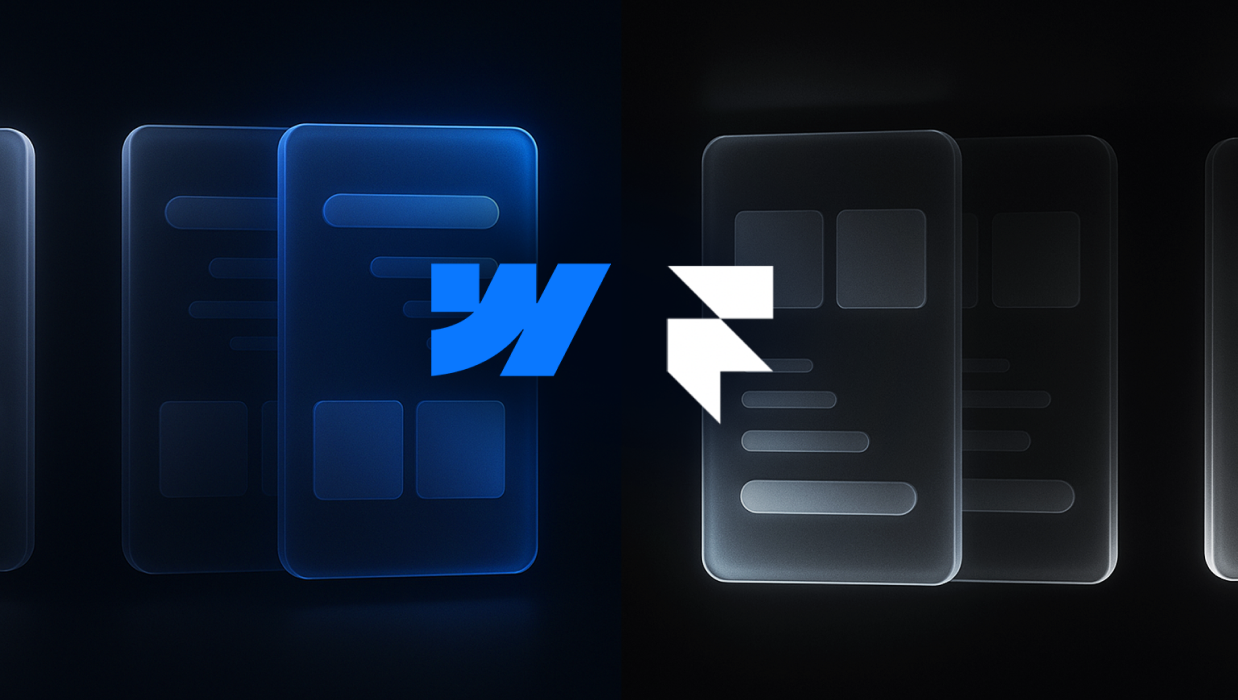
The Advantages of No-Code: Comparing Webflow to WordPress
Webflow: Flexibility, Scalability, and Design Freedom
Webflow excels in providing a high level of customization and flexibility. Unlike many platforms, Webflow allows businesses to go beyond templates and create a truly unique web presence. This freedom of design is a compelling reason why many SaaS business owners are gravitating towards Webflow. Notably, Webflow is user-friendly, making it accessible to those without a coding background. However, it doesn't skimp on the richness of its features, allowing users to bring sophisticated designs to life. Furthermore, Webflow supports responsive design, ensuring your site maintains its aesthetic appeal across all devices. As for scalability, Webflow stands tall. As your SaaS business expands, your Webflow site can effortlessly grow with you. Its support for numerous plugins and third-party integrations enhances its scalability and functionality.

Webflow vs. WordPress: The Showdown
WordPress is a popular platform known for its extensive theme library and plugin ecosystem. It shines in its ability to support blogging and content management, making it a good choice for content-heavy websites. However, where WordPress falls short is its steeper learning curve, particularly for those interested in customization beyond its templates. This is where Webflow takes the lead. Webflow offers the whole package—design, build, launch—in one place, streamlining the process and making it more efficient. In terms of cost-effectiveness, both platforms have tiered pricing to fit various needs. Yet, the return on investment with Webflow becomes evident when considering the breadth of design options and scalability it offers.

The Bottom Line
Choosing between Webflow and WordPress for your SaaS business significantly impacts your website's scalability and design flexibility. While WordPress has its strengths but Webflow’s design freedom, ease of use, content management, and scalability make it a hard contender to beat. If you're looking for a comprehensive web design tool that offers complete control over your website from design to deployment, Webflow proves to be the superior choice.
FAQs
More reads

A practical guide for B2B SaaS teams choosing between Framer and Webflow, with clear recommendations, real insights from our experts and the data you need to pick the right platform for your next stage of growth.
.png)
Picture this: A prospect asks ChatGPT about your B2B SaaS product. The AI pulls data from across the web and... finds nothing useful. Or worse, it shows outdated third-party content instead of your actual site. This happens more often than you'd think. But there’s a dead-simple fix.

The world of Webflow and web design comes with its own unique vocabulary, and understanding these terms is crucial for effective communication between designers, developers, and clients.